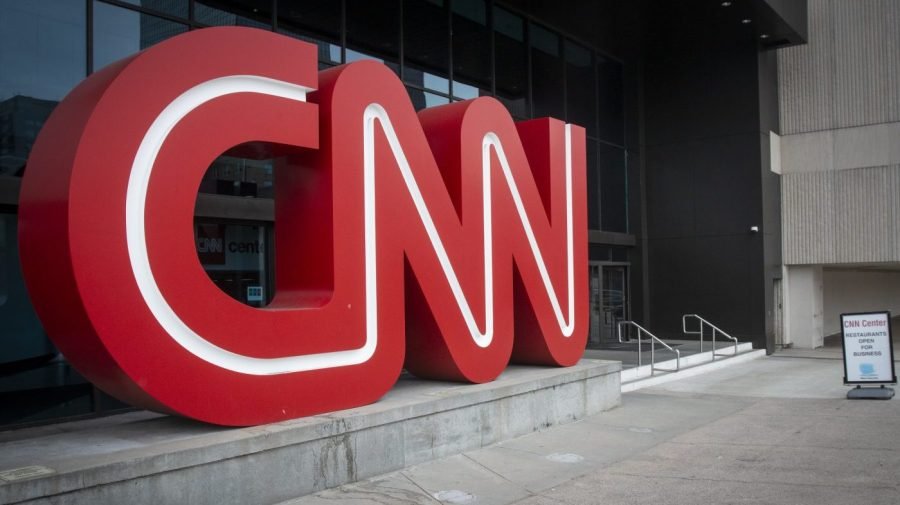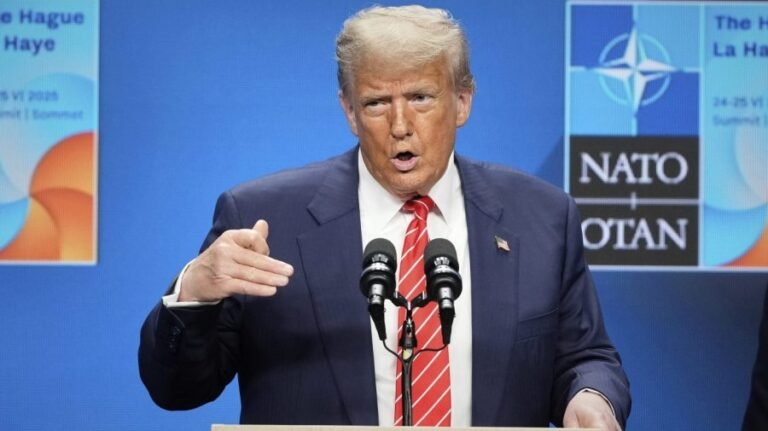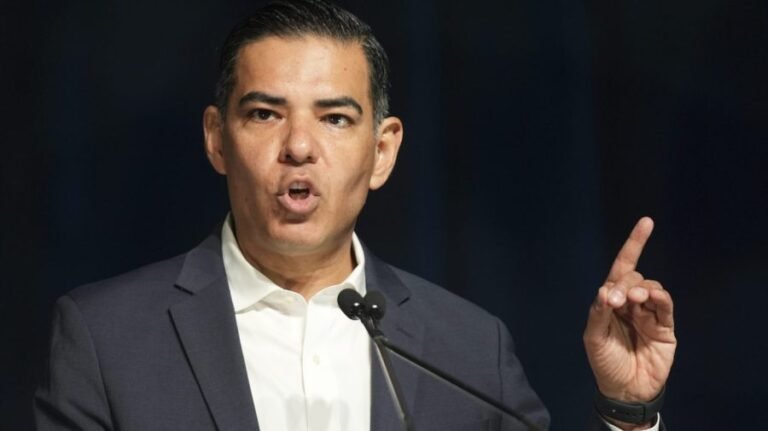
A funny thing happened this week. CNN published an exclusive report, and nobody cheered—quite the opposite.
The cable network reported that a federal intelligence assessment concluded the recent U.S. bombing of Iranian nuclear facilities had caused minimal damage. In fact, according to CNN’s report, the bombings barely delayed Iran’s nuclear program by even a month.
That’s not the weird part. The weird part is that the cable network then issued a somewhat timid statement, defending its reporting after critics, including President Trump, characterized the story as unreliable and inaccurate.
“We stand 100 percent behind Natasha Bertrand’s journalism and specifically her and her colleagues’ reporting of the early intelligence assessment of the U.S. attack on Iran’s nuclear facilities,” CNN’s statement read.
It adds, “CNN’s reporting made clear that this was an initial finding that could change with additional intelligence. We have extensively covered President Trump’s own deep skepticism about it. However, we do not believe it is reasonable to criticize CNN reporters for accurately reporting the existence of the assessment and accurately characterizing its findings, which are in the public interest.”
What makes this especially strange isn’t CNN’s pushback against the president. That kind of response was always great for ratings and subscriptions during the first Trump administration. What’s odd is that CNN wasn’t just responding to the president, but to a larger, more diverse group of critics. The exclusive was questioned and criticized right from the start. The broader commentariat — not just the MAGA faithful but also by other skeptics not blinded by partisan loyalties — simply skipped the usual moment when people “ooh” and “aah” at new information and began questioning immediately.
The terms “low confidence” and “preliminary” were added to CNN’s exclusive report only afterward, suggesting the initial report was published with only viral gold in mind, and a hostile reception is precisely what one should expect in response. CNN compromised its own credibility in pursuit of clicks, as so many did routinely during the first Trump administration.
We spent two and a half years pursuing fruitless allegations that Trump is secretly working for the Kremlin. We built up Trump-related bombshells that turned out to be nothing, all the while showing a curious capacity for ignoring obvious scandals right in front of us when they involved people outside of Trump’s orbit. This is not to mention the numerous questionable and poorly sourced “scoops,” including the one alleging Trump privately called dead U.S. veterans “suckers” and “losers,” a remark that no one with firsthand knowledge seems to recall him ever making.
Now we are going to act hurt or defensive when even the president’s critics approach us with distrust? How can you blame them? It was only a matter of time before the bill came due for the media excesses of the first Trump administration.
CNN had to retract a story in 2017 that alleged a member of Trump’s transition team was connected to a $10 billion Russian investment fund owned by a Kremlin-linked bank. Three CNN staffers resigned after the story, which relied on a single anonymous source, was removed. CNN also issued multiple corrections for a story that falsely reported Trump’s son had early access to a cache of Democratic emails hacked by Russia before they were made public, implying the son had a direct line to Moscow. CNN got the dates wrong. CNN had to correct a report that claimed disgraced former FBI Director James Comey’s June 2017 testimony would contradict Trump’s repeated claim that he was told he was not under investigation. Comey testified and did not contradict Trump.
Even in cases where CNN published exclusives putatively beneficial to the Trump administration, it has missed the mark.
Then, obviously, there’s the issue of Natasha Bertrand, the author of last week’s CNN report. You would be wise to take all of her reporting with a large grain of salt. Remember, she’s the reporter who, in 2020, authored a report that alleged the infamous Hunter Biden laptop was most likely Russian disinformation, according to 51 intelligence officials. Hunter Biden’s attorneys later confirmed that the laptop belonged to their client.
Bertrand is also, as the Washington Post’s Erik Wemple put it, the journalist who “bootstrapped” credulity for that ridiculous Steele dossier “into an MSNBC gig.”
Given how much and how relentlessly this new CNN exclusive was scrutinized from the start, we might actually be witnessing the end of the often-discussed Gell-Mann amnesia effect. People are coming to a realization: If CNN’s reporting is wrong so often about so many things we all understand well, must it not be equally wrong about things not as widely understood?
Our press has long benefited from selective forgetfulness. However, those days may be over if the response this week to CNN’s report is a sign of what’s ahead.
Becket Adams is a writer in Washington and program director for the National Journalism Center.


